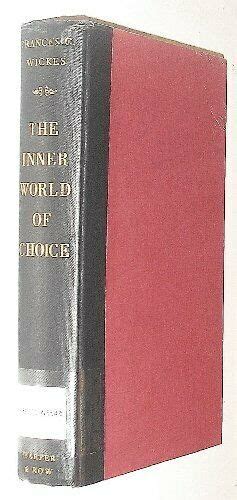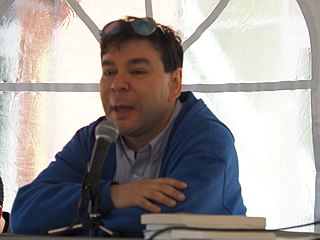A Quote by Herbert Simon
All behavior involves conscious or unconscious selection of particular actions out of all those which are physically possible to the actor and to those persons over whom he exercises influence and authority.
Related Quotes
No organism can afford to be conscious of matters with which it could deal at unconscious levels. Broadly, we can afford to sink those sorts of knowledge which continue to be true regardless of changes in the environment, but we must maintain in an accessible place all those controls of behavior which must be modified for every instance. The economics of the system, in fact, pushes organisms toward sinking into the unconscious those generalities of relationship which remain permanently true and toward keeping within the conscious the pragmatic of particular instances.
So the dream is continually reminding us of the part which our conscious is forgetting. It does not speak with any absolute authority; it simply gives a true picture of a situation which exists in the unconscious. It speaks truth; but not, as some persons believe, the truth. It shows the other side.
If such external influences are intrinsic to religion, then logic and scientific thought dictate that there must be a mechanism by which this influence is transmitted. A religious or spiritual belief that involves an invisible undetectable force that nonetheless influences human actions and behavior or that of the world itself produces a situation in which a believer has no choice but to have faith and abandon logic--or simply not care.
We've now become conscious of the uncalculated social, economic, and environmental costs of that kind of "unconscious" capitalism. And many are beginning to practice a form of "conscious capitalism," which involves integrity and higher standards, and in which companies are responsible not just to shareholders, but also to employees, consumers, suppliers, and communities. Some call it "stakeholder capitalism."
The complex ways in which we produce and reproduce the world in technologically developed societies involves the ways in which we separate ourselves into public and private persons, producing and consuming persons and so on, and the ways in which we as people negotiate and cope with those divisions. Stars are about all that, and are one of the most significant ways we have for making sense of it all. That is why they matter to us, and why they are worth thinking about.
It is possible to be honest every day. It is possible to live so that others can trust us-can trust our words, our motives, and our actions. Our examples are vital to those who sit at our feet as well as those who watch from a distance. Our own constant self-improvement will become as a polar star to those within our individual spheres of influence. They will remember longer what they saw in us than what they heard from us. Our attitude, our point of view, can make a tremendous difference.
People are living in unconsciousness, doing all kinds of things in unconsciousness. Everybody is an unconscious robot. We are just pretending that we are conscious; we are not conscious. The moment you become conscious, all unconscious actions disappear from your life. Your life starts moving in a new dimension. Your each act comes out of inner clarity; your each response is virtuous, is virtue. To live unconsciously is to live in sin; to live consciously is to be virtuous, is to be religious. And to live in total awareness is to be a buddha, is to be a christ.
In making up my mind as to what Mr. Lincoln really believed, I do not take into consideration the evidence of unnamed persons or the contents of anonymous letters; I take the testimony of those who knew and loved him, of those to whom he opened his heart and to whom he spoke in the freedom of perfect confidence.
The best indicator of your level of consciousness is how you deal with life's challenges when they come. Through those challenges, an already unconscious person tends to become more deeply unconscious, and a conscious person more intensely conscious. You can use a challenge to awaken you, or you can allow it to pull you into even deeper sleep. The dream of ordinary unconsciousness then turns into a nightmare.
The growth of our knowledge is the result of a process closely resembling what Darwin called 'natural selection'; that is, the natural selection of hypotheses: our knowledge consists, at every moment, of those hypotheses which have shown their (comparative) fitness by surviving so far in their struggle for existence, a competitive struggle which eliminates those hypotheses which are unfit.
By conversing with the mighty dead, we imbibe sentiment with knowledge. We become strongly attached to those who can no longer either hurt or serve us, except through the influence which they exert over the mind. We feel the presence of that power which gives immortality to human thoughts and actions, and catch the flame of enthusiasm from all nations and ages.
Religion consists much in holy affection; but those exercises of affection which are most distinguishing of true religion are these practical exercises. Friendship between earthly friends consists much in affection; but those strong exercises of affection that actually carry them through fire and water for each other are the highest evidences of true friendship.





































